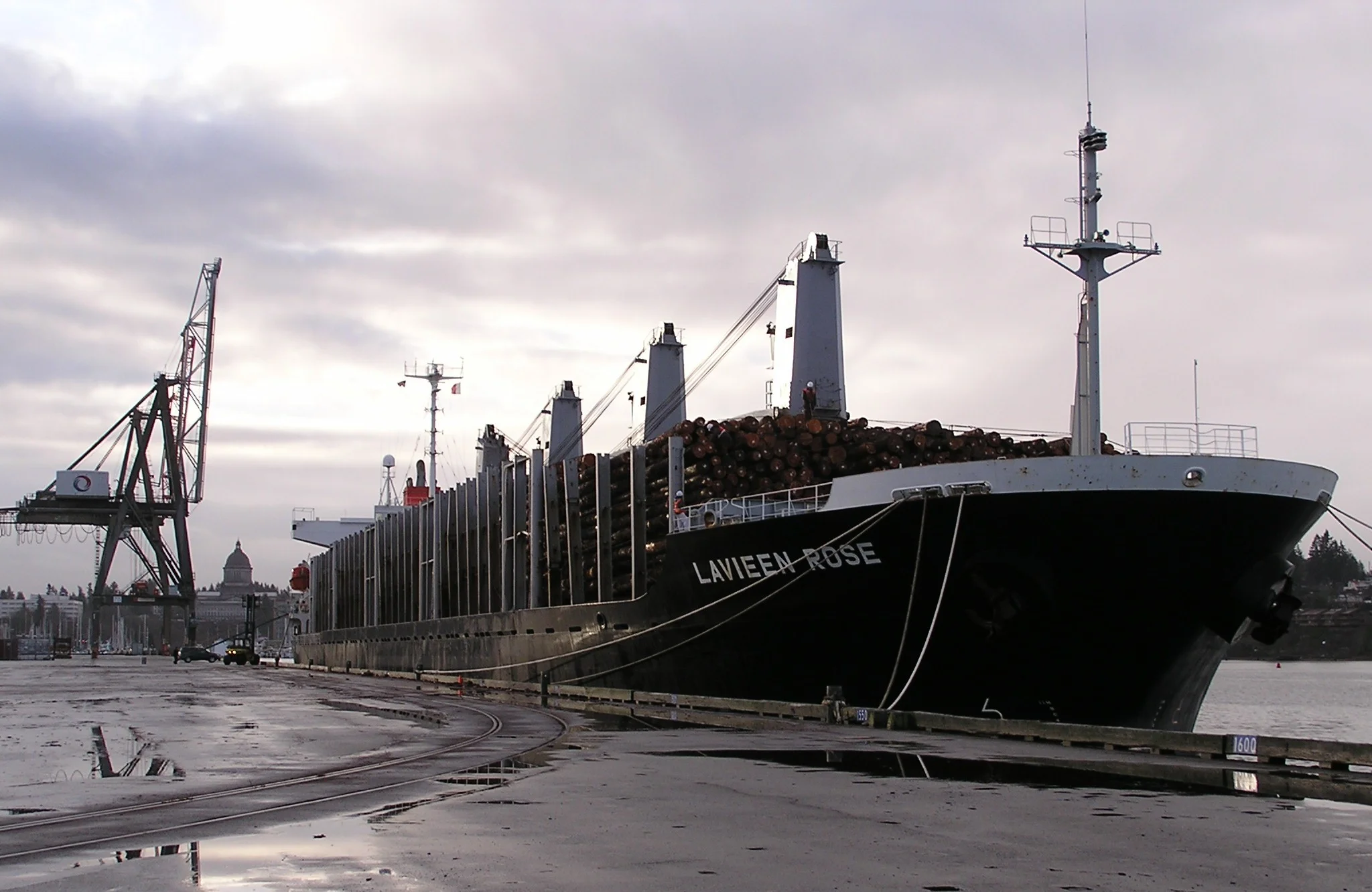Our ports create jobs and economic growth in many diverse ways. They own and operate shipping terminals, marinas and docks, airports, industrial sites, railroads, and parks and recreational facilities. Some ports operate in all of these sectors, others in only one or two, but almost every Washington port pursues an aggressive program of economic development.
These programs include industrial development, infrastructure development, import/export assistance, tourism, and entrepreneurial development. Ports are willing to invest for the long-term in their communities. Ports often make significant investments in infrastructure – building facilities that will eventually house profitable businesses that reinvest in a community. But before that growth can happen, the dollars have to be invested and the risk taken by an agency willing to spend today for returns that may not be seen for many years.
Specifically, ports have the authority to:
Develop marine terminals, airports and other facilities for handling cargo and accommodating passengers
Buy and improve pieces of property for lease – or sometimes to sell – to private industry for industrial and commercial uses
Provide air and water pollution control facilities
Operate trade centers and export trading companies
Establish and operate foreign trade zones
Provide environmental enhancement, protection, and public access
Build and operate or lease out marinas and related facilities and provide public boat ramps for public use
Promote tourism as an economic stimulus within the port district
Doing Business With Washington’s Ports
Doing business with Washington’s ports is easy because although they’re public, they function much like private businesses. In fact, the Washington State Legislature has empowered port districts to build and develop facilities that create jobs. Because Washington’s ports are guided by locally elected port commissioners, they’re able to meet the specific economic development needs of their communities. And because they’re financially independent of state government and other local governments, they’re in a great position to respond rapidly to the needs of existing and prospective customers.
Industrial Development
The Washington State Legislature has also been generous in granting authority to pursue industrial development – the fastest growing segment among ports. Port districts can construct buildings and structures to accommodate virtually any type of industrial or economic activity. These facilities are generally the sort that the private sector can’t -or won’t – build or improve.
Ports also can develop the infrastructure – water and sewage systems, and roads – necessary to attract job-creating businesses. Once a facility is built, it is often leased to businesses that generate jobs in the community.
Ports also have the authority to create Industrial Development Districts (IDD) and levy a property tax of up to $0.45 per $1,000 of assessed value for up to 6 years. IDDs are a valuable source of funds for economic development within the district, which can include water, light, power and fire protection facilities and services, streets, roads, bridges, highways, waterways, tracks, rail and water transfer and terminal facilities, and other harbor and industrial improvements. Each time industrial development projects are completed at port facilities – diversifying the economies of cities and counties – employment opportunities increase, tax revenues to cities, counties and the state are increased, and communities are made stronger.
